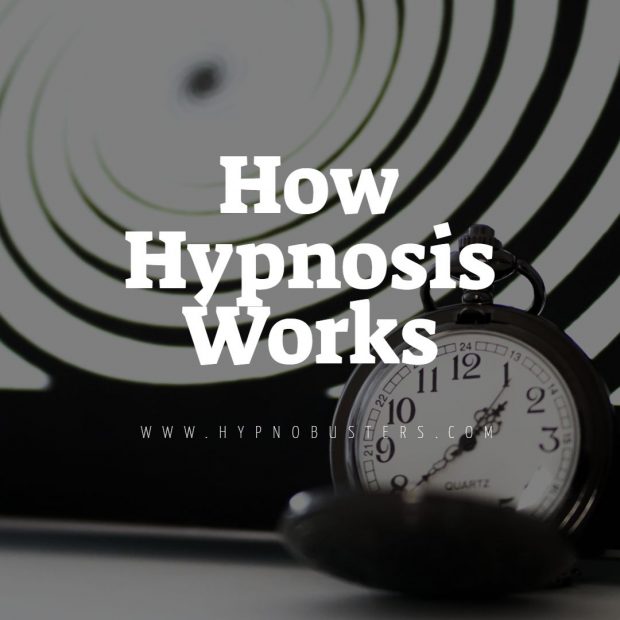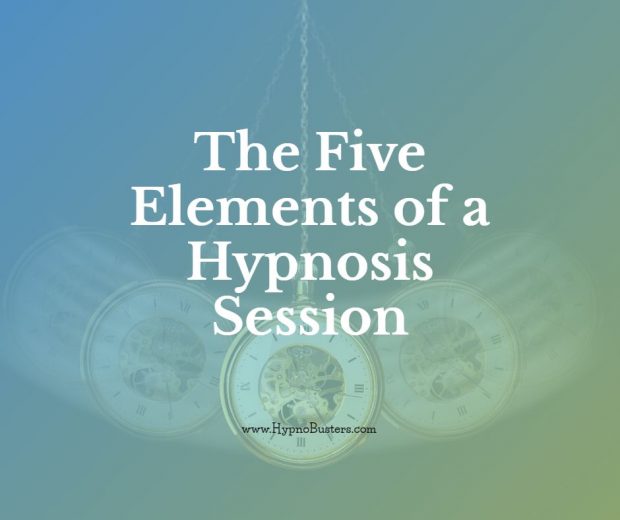 Learn right now how hypnosis works…
Learn right now how hypnosis works…
Can hypnosis help you grow into a wonderfully healthy and successful person?
There is a lot of misunderstanding about hypnotherapy. By learning how hypnosis works, you can better decide for yourself whether you wish to use hypnosis to enhance your life. One of the biggest misconceptions is that clinical hypnosis and stage hypnosis are the same thing. This is not true…
Stage hypnosis
Many people’s perception of hypnosis is what they have seen or heard from stage shows. They see people “under” the hypnotists “control”. People “made” to sing like Elvis, or dance like Michael Jackson.

Jon Rhodes
This is a BIG distortion of the truth.
A stage hypnotist selects suggestible and extrovert members of the audience. In fact they usually volunteer – meaning that they are willing participants.
Everyone on stage could stand up and walk off if they wanted. Only extroverts allow themselves to go on stage and perform. They know what they are letting themselves in for, and want to join in. Peer pressure sees that they continue. Can you imagine someone having the nerve to stop half way through a show?
Trance
A hypnotic trance increases your powers of focus and imagination. It is a natural daydream state of mind, and you remain fully in control. A hypnotic trance helps communication with your unconscious mind. This is the part that is responsible for your habits and urges.
Therapeutic and entertainment hypnosis are two very different things.
A clinical hypnotherapist does not aim to create the illusion of having people ‘under’ control. The aim is to place pre agreed suggestions in your unconscious mind. If you REALLY want to stop smoking, then your unconscious mind will accept these suggestions. This makes it far easier to quit.
Since you are not being controlled, you are free to reject these suggestions. That is why someone who does not want to give up smoking will not benefit from hypnotherapy.
Can hypnosis help me?
Millions of people swear that hypnosis has helped them with many issues such as weight loss, quitting smoking, confidence, phobias, stress, sleep, success, IBS, and many more. I have been a clinical hypnotherapist for several years, and have seen this first hand and received many heart warming testimonials.
Your subconscious mind contains a lot of information that you are not consciously aware of. You may fear spiders for example. Consciously you are aware that this is silly. They are small and harmless. Yet for some reason your subconscious mind triggers an automatic fear response. Usually as a child you saw an adult react in fear from a spider. This passes on the fear to you.
Final thoughts
Now you know how hypnosis works! Hypnotherapy is great for getting to the root of the problem in your subconscious mind. Talking to your conscious mind is a long slow process. A hypnotherapist can talk to your subconscious mind and persuade it to change. They can tell it that spiders are not dangerous. Once told, your subconscious mind knows what your conscious mind knows. That is why with hypnotherapy, change is rapid and permanent.
Many people are missing out on this powerful yet safe therapeutic tool because they don’t understand how hypnosis works. If you haven’t already, CLICK HERE To Check Out My Collection Of Hypnosis Sessions.




